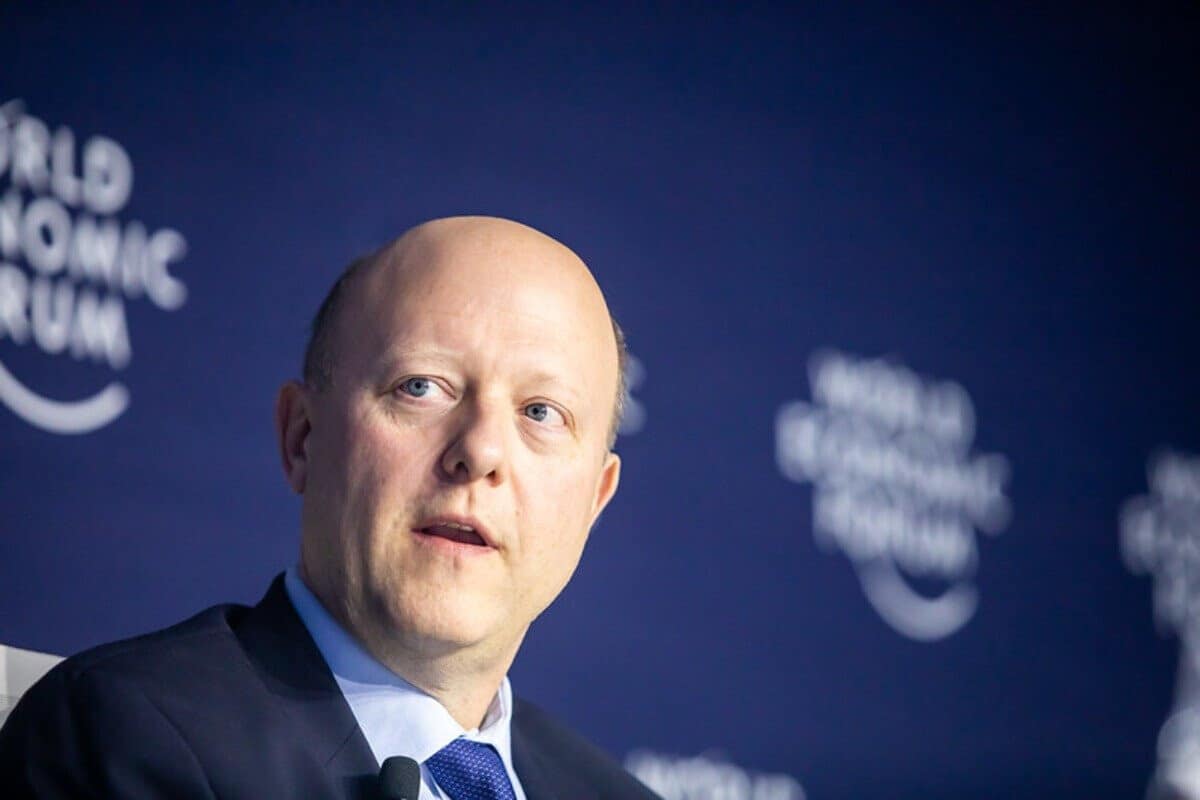WEF Davos 2024: Digital Assets and the Tokenization Debate

It’s the final day of the World Economic Forum (WEF) held in Davos-Klosters between 14-19 January 2024 – a global event bringing together the most influential players in politics and business to discuss the upcoming trends in business.
It was only a matter of time before the topic of “tokenization” was addressed by the biggest crypto players in the sector.
What is Tokenization?
Unless you have been living under a rock, many will of heard it is the new buzzword circulating Wall Street. Forget initial coin offerings (ICOs) security token offerings (STOs) and initial exchange offerings (IEOs), non-fungible tokens (NFTs) Decentralized Finance (DeFi) Central Bank Digital Currencies (CBDCs) or the REAL use case for Blockchain technology. We have a hot new trend for 2024 – tokenization, when assets are converted into digital tokens.
During the WEF, the panel made up of Lieve Mostrey, the CEO of Euroclear, Jeremy Allaire, the CEO of Circle, Denelle Dixon is the CEO and executive director of the Stellar Development Foundation, and Anthony Scaramucci, the founder of SkyBridge Capital. The panel discussed tokenization and how it introduces a new ownership dynamic that is hosted on a blockchain with the potential to impact multiple sectors of the economy.
Jeremy Allaire, the CEO of Circle, the USDC stablecoin, said during the panel discussion at the WEF that he believes tokenization should not be regulated by the U.S. Securities and Exchange Commission (SEC). Allaire highlights, tokenisation is similar to data and that the tokens are used to prove and represent things that hold value.
Defining where tokenization sits in the finance sector remains ambiguous. One challenge, Allaire highlights, is that the government says OK this is a novel new monetary instrument – it is not an equity or financial instrument. In the US there is the assertion that therefore tokens must be securities.
Watch the full WEF debate here.
Wall Street and Tokenization
There has been a strong push among Wall Street firms to ramp up their efforts to tokenize assets on the blockchain, as reported by me for Benzinga. Tokenization is when tangible and intangible assets are converted into digital tokens — everything from shares, and bonds to gold bullions, real estate as well as digital and physical art.
In March 2023, BlackRock CEO Larry Fink also commented in his annual letter to shareholders that there is operational potential of some of the underlying technologies in the digital assets space which could have exciting applications.
The tokenization of asset classes “offers the prospect of driving efficiencies in capital markets, shortening value chains, and improving cost and access for investors,” he said.
Tokenized Funds Skyrocketed to $800M Value in 2023
Tokenizing traditional assets has also caught the attention of legacy financial institutions. According to recent report by Moody’s, a leading investment risk assessment firm, the value of tokenized funds has surged from $100 million at the beginning of 2023 to approximately $800 million today, driven by the rising tokenization of U.S. treasuries, reports Cryptonews contributor Ruholamin Haqshanas.
It will be interesting to see how the tokenisation trend plays out in 2024.




